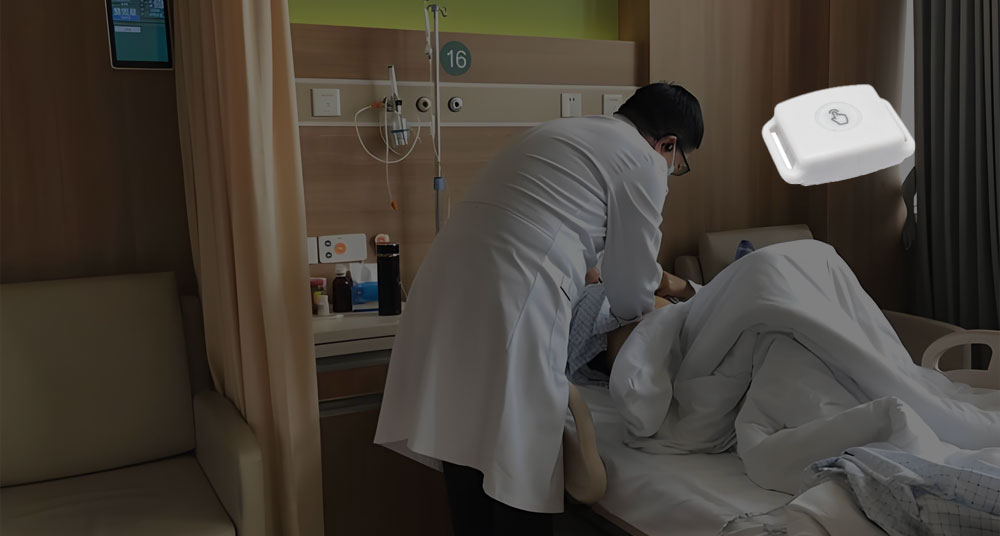
In the complex and often overwhelming environment of hospitals, Bluetooth beacons are emerging as beacons of hope, guiding patients and staff alike through a maze of corridors and information. These small, unobtrusive devices are transforming the healthcare experience, making it more navigable and responsive to individual needs.
The Compass of Care: Bluetooth Beacons in Hospitals
Bluetooth beacons are leveraging the power of proximity-based technology to redefine patient care. By emitting signals that can be detected by smartphones and other devices, these beacons can provide real-time information and guidance tailored to the user’s location within the hospital.
Enhancing Patient Navigation
Hospitals can be confusing places for patients, especially those who are unfamiliar with the layout. Bluetooth beacons can offer a solution by providing turn-by-turn directions to departments, waiting areas, and even specific rooms, making the journey through the hospital less stressful.
Improving Staff Efficiency
For healthcare professionals, time is of the essence. Beacons can help streamline workflows by alerting staff to patient arrivals, room changes, or equipment availability, reducing the time spent on non-patient care activities and allowing them to focus on what matters most—caring for their patients.
Optimizing Asset Management
Hospitals are equipped with a vast array of medical equipment, and keeping track of these assets is crucial. Bluetooth beacons can be attached to equipment, enabling real-time tracking and usage monitoring, which can help in reducing loss, theft, and downtime.
Facilitating Emergency Response
In emergency situations, every second counts. Beacons can be used to quickly locate the nearest defibrillator, crash cart, or emergency exit, ensuring that medical staff can respond swiftly and effectively.
Personalizing Patient Experience
Bluetooth beacons can also personalize the patient experience by providing information based on individual preferences and conditions. For example, a patient with a specific allergy could receive alerts about potential allergens in the hospital cafeteria, or a patient undergoing chemotherapy could receive reminders about their medication schedule.
Key Benefits of Bluetooth Beacons in Hospitals
- Better Patient Navigation: Beacons can guide patients through the hospital, reducing anxiety and improving satisfaction.
- Increased Staff Efficiency: By optimizing workflows, beacons can help staff save time and provide better patient care.
- Enhanced Asset Management: Real-time tracking of equipment can lead to cost savings and improved operational efficiency.
- Swift Emergency Response: Beacons can assist in quickly locating essential equipment and exits during emergencies.
Integrating with Hospital Systems
The integration of Bluetooth beacons with hospital information systems, electronic health records, and other IT infrastructure is key to maximizing their potential. This integration allows for a seamless flow of information and a more connected healthcare environment.
The Future of Bluetooth Beacons in Healthcare
As healthcare continues to embrace technology, the role of Bluetooth beacons in hospitals is set to expand. With advancements in AI and machine learning, beacons could become even more intelligent, offering predictive insights into patient flow, resource allocation, and even individual health patterns.
Privacy and Ethical Considerations
While the benefits are significant, privacy and ethical considerations must be carefully managed. Hospitals must ensure that the use of beacons complies with healthcare regulations and respects patient confidentiality.
Conclusion
Bluetooth beacons are the beacons of innovation in healthcare, offering a beacon of light in what can often be a confusing and stressful environment for patients and staff. As we continue to explore the potential of technology in healthcare, Bluetooth beacons will play an increasingly vital role in shaping the future of the patient experience.


